Filter by
Longevity Medication For Cats
Innovative treatments support longevity for cats, changing how we approach feline aging. With targeted supplements and medications, you can help your cat maintain vitality and health well into their senior years.
-
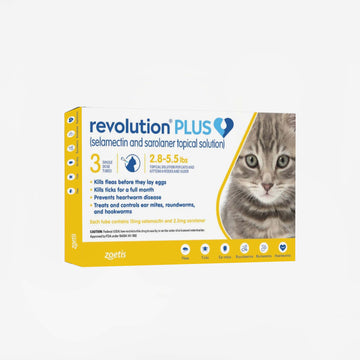
Revolution Plus for Cats - 3 mo. (Rx)
$75.18 / unit
20% off for a limited time Use code FLEATICK20Multiple options available
-
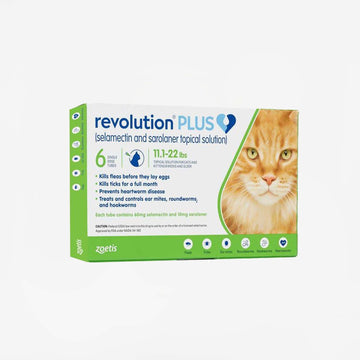
Revolution Plus for Cats - 6 mo. (Rx)
$145.25 / unit
20% off for a limited time Use code FLEATICK20Multiple options available
-

Proviable-DC Capsules for Cats & Dogs
$20.69 / unit
Multiple options available
-
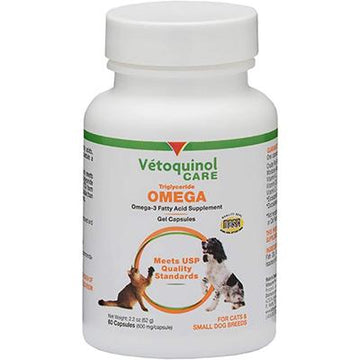
Tri Omega Gel Capsules for Cats & Dogs
$13.99 / unit
Multiple options available
-

Sirolimus/Rapamycin (Rx)
$2.38 / unit
Multiple options available
-
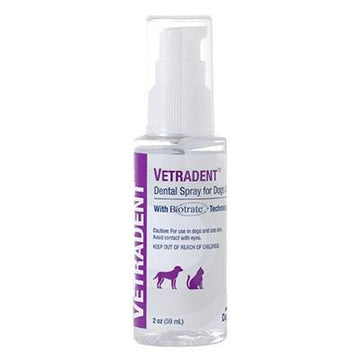
Vetradent Oral Spray for Cats & Dogs
$14.77 / unit
-
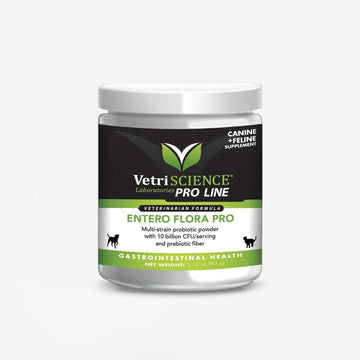
VetriScience Entero Flora Pro Probiotics for Dogs & Cats
$55.40 / unit
-

Denamarin Tablets Box for Cats & Dogs
$30.09 / unit
Multiple options available
-
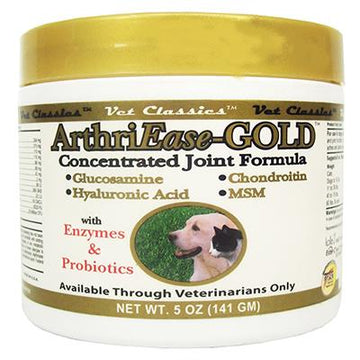
ArthriEase-GOLD Powder for Cats & Dogs
$63.99 / unit
-
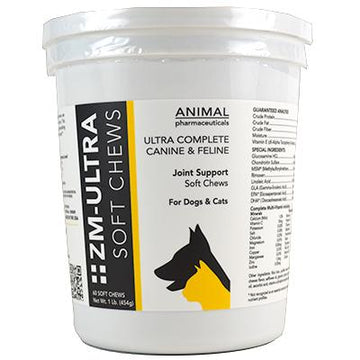
ZM-ULTRA Soft Chews for Cats & Dogs
$77.39 / unit
Multiple options available
Frequently asked questions
What is the average lifespan of an indoor cat?
What is the average lifespan of an indoor cat?
On average, indoor cats typically live 13-17 years, with many reaching their late teens or early twenties. Indoor cats generally live significantly longer than outdoor cats, who face risks like predators, traffic, and exposure to diseases.
At what age do cats start declining?
At what age do cats start declining?
Most cats are considered “senior” around 11-14 years old,[2] when you might begin to notice subtle changes in activity level or behavior. However, the aging process varies significantly between individuals, with some cats showing few signs of aging until much later.
Is there an anti-aging drug for cats?
Is there an anti-aging drug for cats?
While there’s no FDA-approved medication specifically marketed as an anti-aging drug for cats, research into compounds like rapamycin shows promise, but it’s still experimental. This medication works by regulating cellular processes that influence aging and has demonstrated lifespan extension in lab studies on dogs and other mammals.[3]
Always consult with a veterinarian before considering any longevity treatments for cats.
Does rapamycin extend a cat’s lifespan?
Does rapamycin extend a cat’s lifespan?
Rapamycin has shown the potential to extend lifespan in laboratory animals, and early research in cats is promising.[4] However, it’s still being studied, and any use should be under strict veterinary supervision.
How can I help my cat live longer?
How can I help my cat live longer?
The best approach to longevity for cats combines preventive healthcare, appropriate nutrition, weight management, dental care, mental stimulation, and regular veterinary monitoring. A high-quality cat food rich in protein, moderate exercise, and prompt attention to health changes can contribute to a longer life for cats.
The best diet for cat longevity includes high-quality animal proteins, moderate fat content, and limited carbohydrates. Senior cats may benefit from foods with enhanced digestibility and added antioxidants. Many vets recommend wet food as part of your cat’s diet to increase water intake.
Vitamins and supplements can also keep your cat healthier. The best vitamins to feed cats for longevity typically include omega-3 fatty acids, glucosamine, probiotics, and antioxidants. Always introduce supplements gradually and with veterinary guidance to ensure they’re appropriate for your cat’s specific health profile.
Additionally, year-round parasite prevention protects against potentially deadly transmitted diseases by fleas, ticks, and mosquitos. Even indoor cats need regular preventive treatments since parasites can enter the home on shoes or other pets.
And don’t forget about preventive pet care. Twice-yearly wellness exams for senior cats allow for early detection of common age-related conditions. Younger cats should have a wellness exam at least once yearly.
Learn More About Cat Longevity
Learn More About Cat Longevity
Find expert tips and insights to help your cat thrive through every stage of life.
Blog links:











